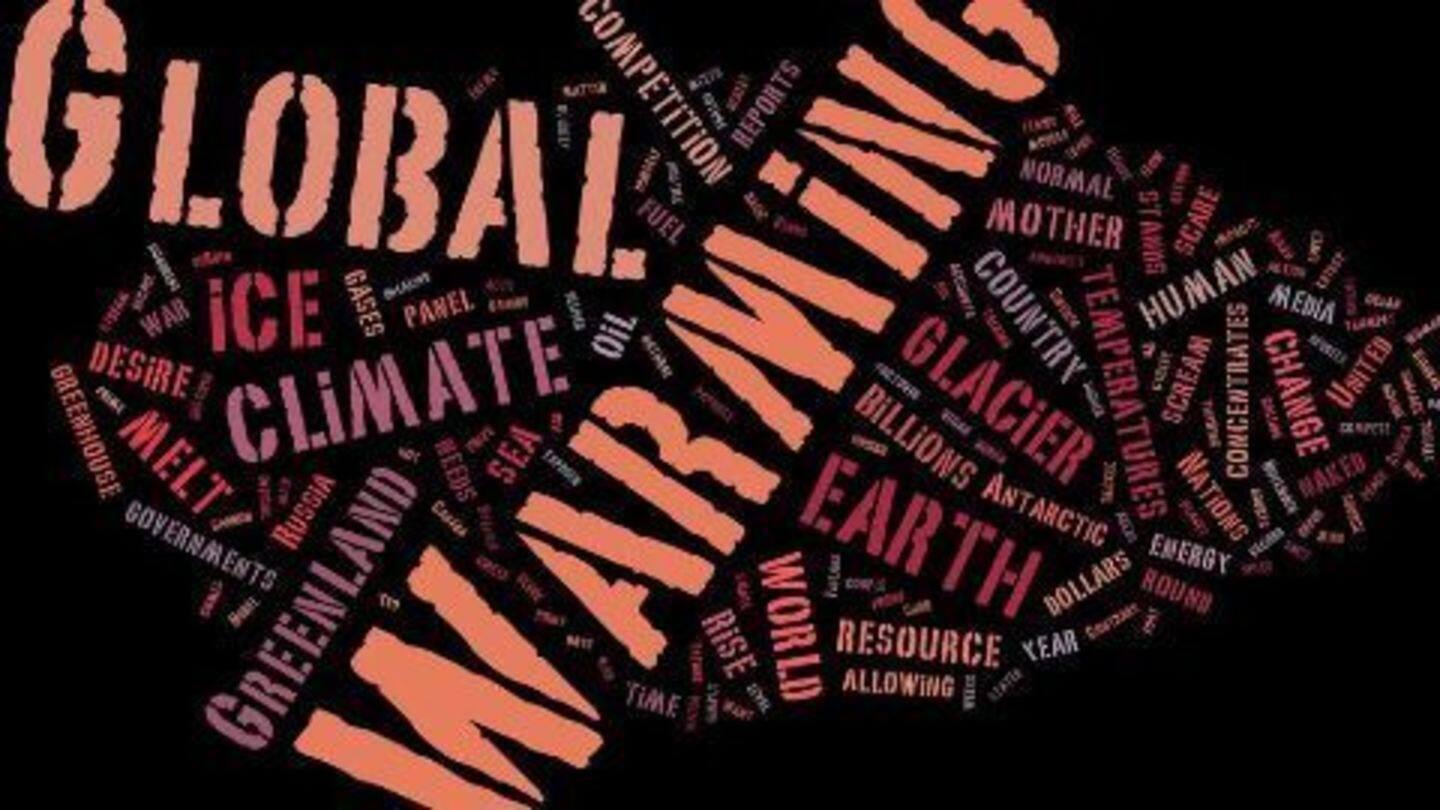
Historic climate deal reached in Paris
What's the story
After two weeks of intense negotiations, the Paris Climate Conference ended with 196 countries signing the Paris declaration.
French Foreign Minister Laurent Fabius called the deal "ambitious and balanced" and a "historic turning point" in averting climate change effects.
US Secretary of State John Kerry said that the deal "is a victory for all of the planet and for future generations".
Overview
Key points in the Paris Declaration
To stem Greenhouse Gas (GHG) emissions by achieving a balance between sources and sinks of GHGs.
To keep the rise of average global temperature well below 2°C and limit it to 1.5°C.
$100 billion/year in funding by 2020 for developing nations to adapt to climate change and commitments to increase funding thereafter.
To review each country's progress in emission cuts every five years.
Criticisms
What do experts have to say about it?
There are no binding requirements to limit the temperature rise 'well below' 2°C, leaving low-lying and island nations vulnerable to seal level rises.
Another issue is that key deadlines for specific targets are absent.
Experts call the deal a sham, stating that with no specific timelines to achieve targets and no legally binding measures, countries will still be able to renege on their commitments.
Successes
What are the positive outcomes from Paris?
It is hailed as the first truly global climate deal, committing both rich and poor nations to reining in rising emissions blamed for warming the planet.
It also creates a system to encourage nations to step up voluntary domestic efforts to curb emissions.
Limiting temperatures to levels 'well below' 2°C is a welcome development for island nations who face alarming sea level rises.
India
India's role in climate change
India is one of the largest carbon emitting nations and is yet to achieve full-scale industrialization.
India will develop 175 Gigawatts of renewable energy by 2020 and 350 Gigawatts by 2030.
India stance on differentiated responsibilities and adoption of sustainable lifestyles has been widely criticized by developed nations.
These stances, for the first time, have been accepted and incorporated into the Paris Declaration.
Information
New York times mocks India's stance at Paris
The New York times recently published a cartoon mocking India's stance on climate change, depicting it to be the sole hurdle to negotiations at the Conference of Parties in Paris.
8 Dec 2015
Saudi Arabia plays spoil-sport at Paris
Negotiators and activists at the Paris climate conference have accused Saudi Arabia of attempting to sabotage and derail negotiations at Paris.
Saudi Arabia is one of the largest producers of oil in the world and the deal could severely affect their economic output.
Saudi Arabia rejected the idea of capping carbon emissions and conducting periodic reviews of emission commitments, severely jeopardizing negotiations.
Information
Obama hails Paris climate deal
US President Barack Obama has hailed the Paris climate agreement as "ambitious" and "historic", stating that, "together, we've shown what's possible when the world stands as one".